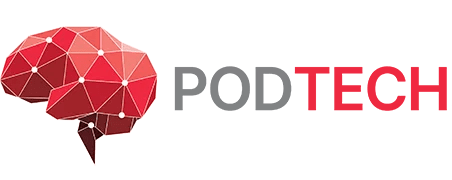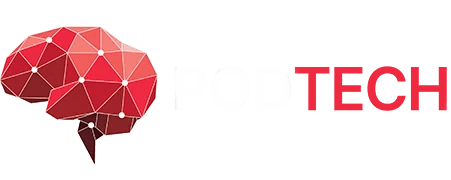12 Essential Roles of a System Administrator
A system administrator is an information technology professional who is responsible for the reliable operation of a company’s network including network setup, server maintenance such as mail servers and file servers, as well as computer systems. System administrators should be knowledgeable in hardware, software and networks.
Over the years, the roles and job description of a system administrator have changed so much such that their skillset has change too. Below is a comprehensive list of skills required of a modern day system administration:
Skills Offered by a System Administrator
- Operating systems Knowledge: system administration experts must be competent in administering/managing different operating system including Windows, Linux, or Mac but must especially, the ones system used in their company.
- Hardware management skills: every system administrators must be familiar with the functioning of different hardware including printers, servers, computer systems, so that whenever issues comes up, they are adequately skilled to handle them.
- Cloud computing skills: since the inception of cloud computing, most organizations have in one way or another adopted its use, whether private, public or hybrid cloud. This implies that system administrators must have the skills necessary to work with cloud computing, including cloud applications like Office365, Google Cloud Platform, and AWS.
- Networks management skills: system administrators should be able to set up and maintain Local Area Networks (LAN) and Wide Area Networks (WAN), in addition to setting up network security features like firewalls.
- Communication and interpersonal skills: system administration experts will most likely be expected to help other employees outside their team – that do not have the same technical knowledge, solve technical issues that comes up in the company. Therefore, it’s imperative for them to have communication and interpersonal skills.
Essential Roles of a System Administrator
Whether working in office settings for small or large companies or in government organizations, there are some specific responsibilities that system administrators have, which may include the list below:
- Technical support: Providing technical support for other employee of the company, outside their team, when requested.
- Configuration and operation of operating systems: Configuring and maintaining the networked computer system, including hardware, software, operating systems and applications.
- System monitoring: system administration professionals are responsible for the proper functioning of IT systems, they must therefore, perform daily monitoring to identify anomalous network behavior, which may include security-sensitive activities such as unauthorized network access and data transfer.
- System upgrade: Replacing and upgrading defective or outdated system components when necessary.
- Resolving help desk requests: system administration experts respond to and resolving help desk requests that are IT related.
- Installation & patching: they are also responsible for managing, troubleshooting, licensing, and updating hardware and software assets.
- Data management: system administration includes database management which covers migration, design, configuration, installation and security of the organization’s data assets as well as maintaining the integrity, performance, and efficiency of database systems.
- Security administration: Network monitoring and analysis, identity and access management, maintaining security of hardware components as well as managing software licensing, updates, and patching are all part of the responsibilities of a system administrator.
- Research: system administration professionals are responsible for carrying out research work to recommend new approaches that can improve the networked computer system.
- Backup and disaster recovery: they ensure that proper backup and disaster recovery plan are put in place in the organization and monitor to be sure that the plan is duly followed.
- File management: system administrators usually put policies and procedures around the way files are organized and shared within the organization to ensure data organization and consistency.
- SSO and password management: system administrators are in charge of managing passwords and SSO policies and practices across the company, ensuring security requirements are met.
At PODTECH, we offer IT managed services and Operational Support which includes the delivery of top-notch system administrative roles with modern and optimized tools that will ensure excellence.

